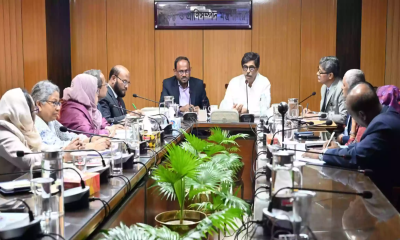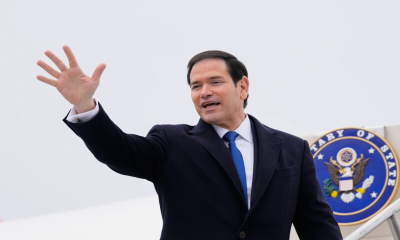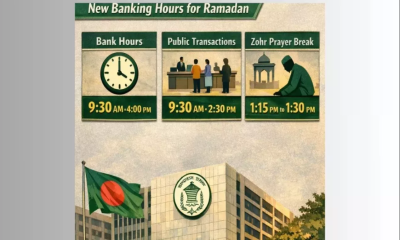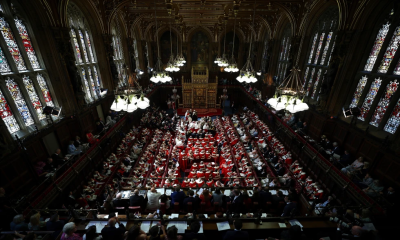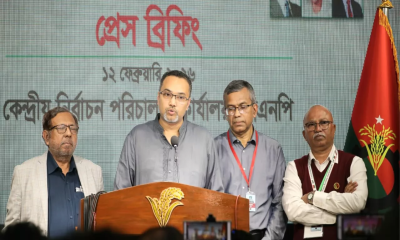Myanmar Rohingya Muslims protested across refugee camps in neighbouring Bangladesh on Thursday, the fifth anniversary of clashes between Rohingya insurgents and Myanmar security forces that drove hundreds of thousands of Rohingya from their homes.
More than a million Rohingya now live in the world’s largest refugee settlement in southern Bangladesh, with little prospect of returning to Myanmar, where they are mostly denied citizenship and other rights.
Refugees, from children to the elderly, waved placards and chanted slogans across the sprawling camps, many wearing black ribbons to mark what they call “Rohingya Genocide Remembrance”.
"No more refugee life", the placards read. "Enough is enough" and "We want citizenship, we want justice. We are Burma Citizens, we are Rohingya."
"Today we are demonstrating as in 2017 the Burmese (Myanmar) army killed our people in a genocide. They killed my husband and others, the military raped us, then they killed our children," said protester Jamalida Begum.
"For the last five years, we have been saying the same thing to the world. But no one listened to us. Today, we are again demonstrating just to let the world know that we want justice."
The United Nations has said the 2017 military crackdown was carried out with genocidal intent and Myanmar is facing charges of genocide at the International Court of Justice in The Hague.
Buddhist-majority Myanmar denies the accusation, saying it was waging a legitimate campaign in 2017 against insurgents who attacked police posts.
Rohingya community leader Mohammad Jobaer said he was keen to return to Myanmar but wanted citizenship rights guaranteed.
"We want to go back to our homeland with all our rights and under the direct supervision of the United Nations. We want security for our life and wealth there," he said.
Densely populated Bangladesh says that the refugees' repatriation to Myanmar is the only solution to the crisis. Local communities have been increasingly hostile towards Rohingya as funds for the refugees have dried up.
UN agencies have appealed for $881 million for this year, of which just under half has been received so far.
Save the Children said on Wednesday the Rohingya "fled mass killings, rape and systematic human rights abuses" in Myanmar.
"Two thirds (66%) of children surveyed and nearly all parents and caregivers (87%) say they do not feel any safer now than when they arrived," it said.
"The findings expose that the international community’s efforts, despite being significant, fall short of what is needed to adequately respond to the needs of Rohingya refugees."
Bangladesh Home Minister Asaduzzaman Khan said his government wanted to ensure that the Rohingya can return to Myanmar safely "where they will no longer be persecuted and will finally receive citizenship".
The United Nations says conditions are not yet right for a return to Myanmar. Myanmar has said it is ready to take back some of the Rohingya but attempts at repatriation failed after refugees refused to return in fear of persecution.




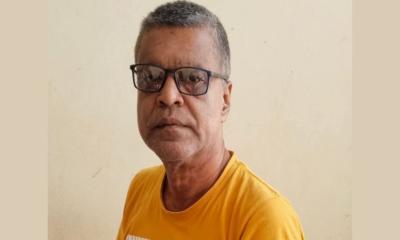
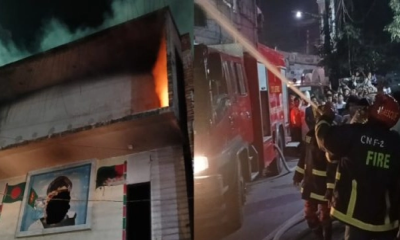
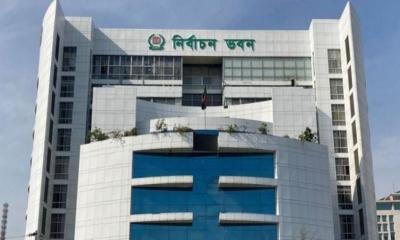

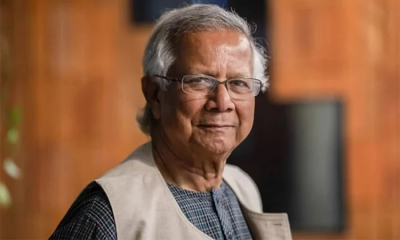
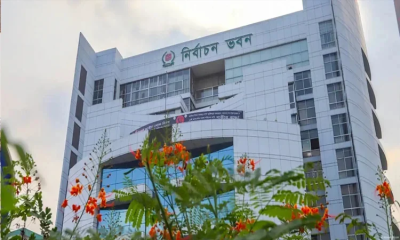

-20260219054530.webp)


